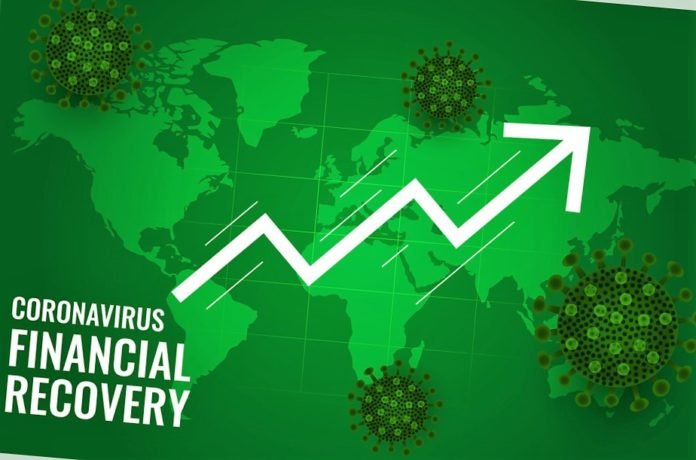Amidst a tumultuous year characterized by economic instability and uncertainty stemming from the COVID-19 pandemic, there are now indications that the global economy is on a path to recovery, as consumer confidence makes a resurgence. This rise in confidence is a result of several factors, including the gradual reopening of economies, the increase in vaccination rates, and the implementation of supportive policies by governments and central banks.
According to the International Monetary Fund (IMF), the global economy shrank by a devastating 3.3% in 2020, marking the worst decline since the Great Depression of the 1930s. This decline led to the closure of many businesses, the loss of millions of jobs, and the upheaval of entire industries. However, there are now signs that the global economy is beginning to rebound, with the IMF projecting a growth rate of 5.5% for 2021, driven by an increase in consumer spending, business investment, and trade.
Consumer confidence, which is a gauge of people’s financial optimism and attitudes towards the broader economy, has seen a remarkable uptick in recent times. This positive trend has been observed in many parts of the world, such as the United States, Eurozone, and Japan. There are several reasons for this trend, including the rollout of vaccines, which has reduced fears of contracting COVID-19 and enabled people to resume normal activities. Additionally, the reopening of economies has created new job opportunities and increased household incomes, while government policies such as fiscal stimulus, tax cuts, and unemployment benefits have provided financial support to households and businesses.
The rise in consumer confidence has significant implications for businesses, particularly those in the retail, hospitality, and travel industries. As people become more willing to spend, businesses can expect a surge in demand for their products and services. However, businesses must remain cautious and not overestimate consumer demand, as many households are still recovering from the economic impact of the pandemic. Moreover, uncertainty looms, given that the pandemic is not fully under control, and future waves or variants of the virus remain possible.
Governments, too, must adapt to the changing economic landscape brought on by the rise in consumer confidence. They may need to shift their focus from providing direct financial support to creating an environment that supports economic growth and job creation. This can be achieved through investments in infrastructure, education, and research and development. Furthermore, governments can create favorable tax and regulatory environments to incentivize businesses to invest and create jobs. Additionally, they can support consumer confidence by providing transparent communication about the state of the pandemic, vaccination progress, and the outlook for the economy.
Beyond businesses and governments, the resurgence of consumer confidence has broader implications for society. It signifies a return to normalcy and a sense of optimism about the future, which could prompt people to engage more in economic activity and contribute to the growth and development of their communities. Moreover, the rise in consumer confidence may have positive effects on mental health and wellbeing, as people feel more hopeful and positive about the future.
In conclusion, the global economy is showing signs of recovery as consumer confidence resurges. However, it is important to acknowledge that the pandemic is not fully under control, and there may be additional challenges and uncertainties ahead. Thus, businesses, governments, and society must remain adaptable and agile in navigating the road ahead, while continuing to work together to foster economic growth and recovery.
It is critical to keep in mind that the pandemic’s impacts have been unevenly distributed, affecting some communities and industries more severely than others. As such, policies and interventions must be designed to address these disparities and ensure that no one is left behind. Moreover, there is a need to build resilience and preparedness to better withstand future crises and disruptions.
In conclusion, while the rise in consumer confidence is a positive development, it is crucial to approach it with caution and a long-term perspective. The pandemic has highlighted the interconnectedness of our world and underscored the importance of cooperation and collaboration across borders and sectors. As we continue on the road to recovery, it is crucial to prioritize sustainability, equity, and inclusivity, to ensure that the global economy works for everyone.








